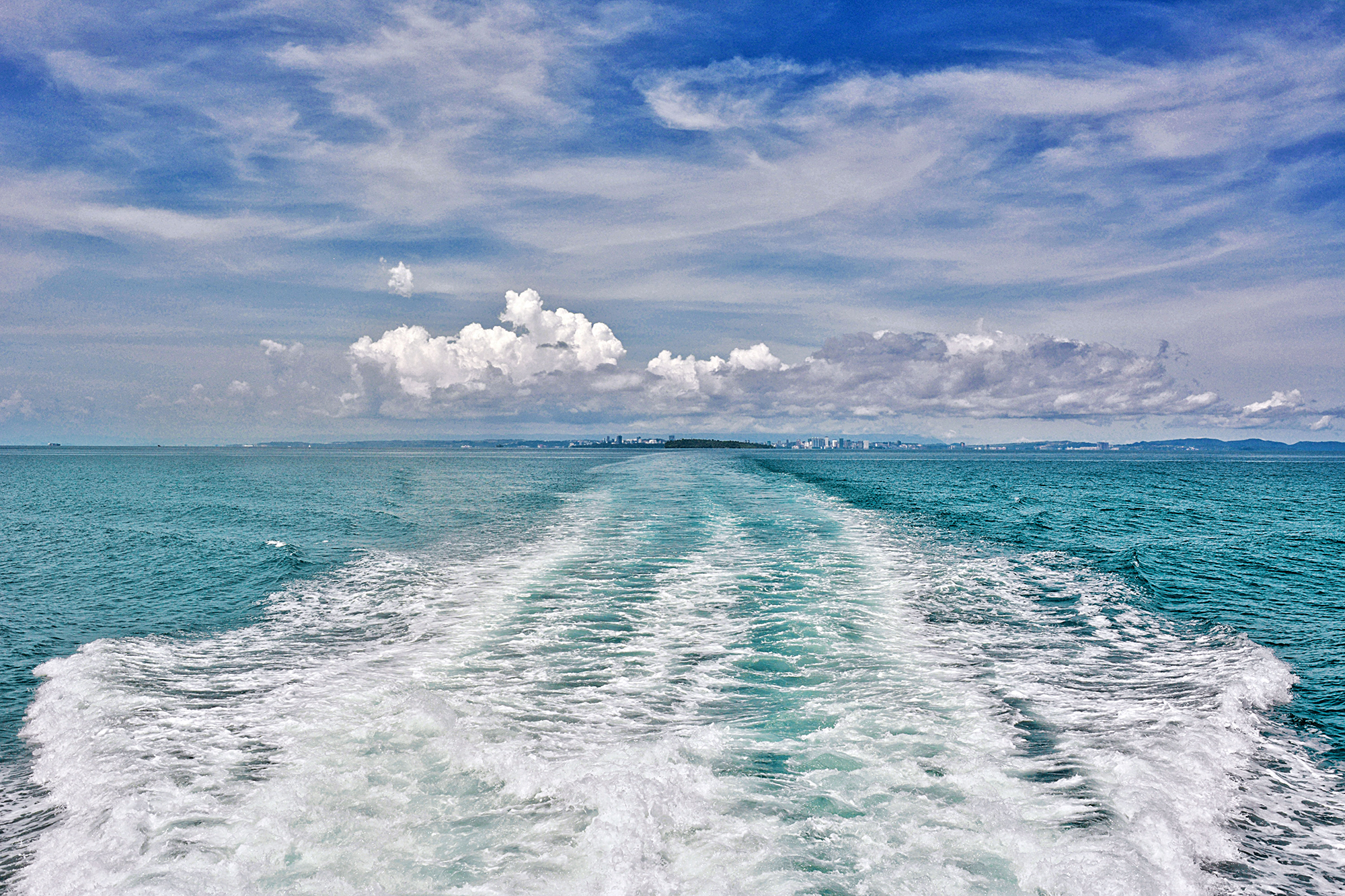From the outset, DAWN’s analysis has included an understanding of sustainable livelihood concerns of women in the global South. More recently, as the margins of ecological survival are shrinking, particularly for impoverished communities, and in many places, nature is already ‘answering back,’ we recognize the need to pay greater attention to the planet’s health alongside our human rights.
However, Planet Earth’s ecological issues cannot be disassociated from women’s rights, including the adverse effects on their sexual and reproductive health, or political and economic concerns over the inequitable allocation of natural resources.
Our intention, therefore, is to develop DAWN’s political ecology analysis from a southern feminist perspective and experiences, conceptually linked to our continuing critique of global trends in the body politics, governance, and political economy arenas. Our current political advocacy and research areas are Deep Sea Mining (DSM) and Blue Economy.
Political will should be directed first to design, invest in and implement effective strategies that measurably recover and secure the functioning of ocean services. In this respect not just for humans but also for the planet it self.
DAWN & Pacific Network on Globalisation
Over the past few years, in partnership with the Pacific Network on Globalisation (PANG), DAWN has been tracking and analysing Blue Economy discourses and related developments – including global and regional conferences, intergovernmental negotiations and corporate-state initiatives – on oceans and the exploitation of ocean resources in the Pacific region.
DAWN in collaboration with the Pacific Network on Globalisation hosted a panel in Suva, Fiji, on February 28th, titled “Blue economy: evolving development framework or smoke and mirrors?” The objectives of the panel was to bring together various stakeholders from civil society and academia to share their perspectives on the Blue Economy development discourse. The proliferation of interests in this development agenda, not only in the Pacific but globally, calls for more critical discussions to take place and questions to be raised. The panel raised fundamental questions such as what is the Blue Economy? Why the huge interest in it? And to whom will it benefit?
Deep-sea mining
DSM is the latest in a long list of destructive industries to be thrust into our sacred Ocean. It is a new, perilous frontier extractive industry being falsely promoted as a proven answer to our economic needs. While its promised benefits remain speculative, its pursuit is insidious. Even at an experimental stage, DSM is already proving harmful to Pacific communities, their livelihoods, cultural practices, and wellbeing.
Plans to commence deep-sea mining are advancing rapidly in the Pacific and are of enormous concern. Although it poses tremendous risks to the planet’s largest ecosystem and its vast repository of biodiversity, experimental seabed mining could start in international waters as early as 2023. In this feminist discussion, the panel share their views on the theme: “Women contesting ‘equality’ and ’empowerment’ in seabed mining and oceans governance”. The five speakers challenge the pinkwashing, greenwashing, and development washing of deep-sea mining by contesting their instrumentalization of gender equality.

Climate Crisis
We invite you to experience what DAWN’s analysis looks like, presented live at an international meeting. We join forces with partners and contributors from other organisations to think and discuss climate crisis.

Currents of Political Change
Presenting the voices of political leaders from Small Island Developing States (SIDS) on the currents of ocean governance, and the need for new global political commitments.

UN Chief at Ocean Conference 2022
The ocean bears the brunt of the three planetary crises of climate change, biodiversity loss and pollution. But the ocean can also be our biggest ally in responding to these threats.


